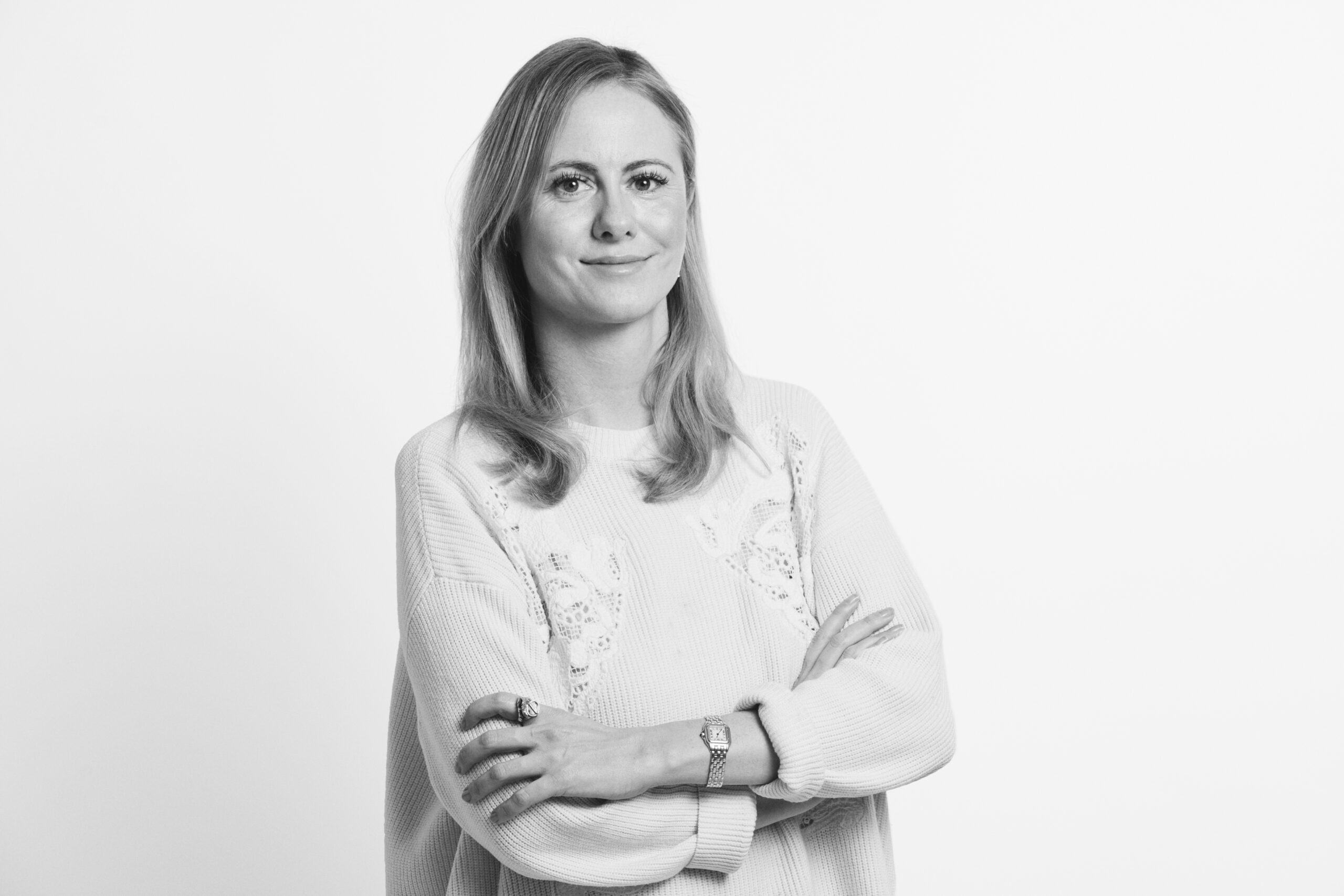
Between April 8 -17, 2021, the Women’s Theatre Festival in Raleigh, North Carolina, is putting on a virtual performance of Shakespeare’s iconic Othello play, but with a unique and modern upgrade. With the world of entertainment going virtual, it means these performances are available to an even wider audience around the globe.
Featuring an all-Black femme creative team, this modern verse translation will be first fully-realized production of of Othello from Nigerian-American storyteller and actor Mfoniso Udofia. Originally commissioned by Oregon Shakespeare Festival, Mfoniso seeks to pull no punches with her translation that starkly illuminates the overt anti-Black racist language within Shakespeare’s text, giving this story some much-needed relevance for today’s audiences.
Visionary director Jameeka D. Holloway helms this all Black femme creative team, which also includes Monet Marshall (Dramaturg & Intimacy Director), Aurelia Belfield (Sound Designer), Keyanna Alexander (Production Designer/Creative Technical Director), Aquila Butler (Costume Design), and Tia James (Voice & Text Coach). Together, they will tackle the tough questions: should this work ever be produced, and what is the cost to the Black artists who participate in it?
Jameeka’s Othello takes place at Venice College, an elite all-female PWI (predominantly white institution) collegiate academic institution. Despite the implications of systemic racism within the school, the brilliant Othello (Nubia Monks) excels both academically and socially. Her success triggers envy and uncovers the covert racism of her peers, especially that of her close friend and “ally” Iago (Zandi Carlson), who sets in motion a vile scheme to sabotage and destroy her.

Funded in part by the City of Raleigh by recommendation of the Raleigh Arts Commission and the United Arts Council of Raleigh and Wake County, along with the support of Play On Shakespeare and the Hitz Foundation, Othello brings some of Raleigh and the Triangle’s most talented theatre artists into collaboration with passionate creatives from around the country.
“We’re using theatrical expression as a tool to explore the impacts of violent and aggressive encounters often faced by Black women in institutions upheld by whiteness. This production mirrors the violence of whiteness and tokenism, examines anti-blackness- the different ways it manifests & how it invades communities of color, the struggle of internalized misogyny + oppression and how White supremacy is at the root of all of it,” said Jameeka in a press statement.
By partnering in creating systems of care within the process, the director together with Monet Marshall lay the groundwork for the rest of the team to safely, bravely work through complex, racially-charged terrain.
Creating the sonic landscape, Sound Designer Aurelia Belfield calls “this perspective of a centuries old story fresh and needed,” and goes on to say “there has never been a better time to showcase the breadth and power of folks of marginalized identities, especially Women of Color.”

The collaboration and ethic of care from the leadership of this team extends to the Black femmes in supporting roles with whom this production’s success also lies. From the stage manager (Didi Fiels) to the assistant director (Terra Hodge) and assistant dramaturg (Sha-Lamar Davis), this team is showing audiences that this production of OTHELLO belongs to the Black women at its core.
Cast members also share their thoughts on being part of a revolutionized narrative that is innovative and challenging, as well as necessary given the current political and social focus on systemic racism, and the movement to see more women of color in leadership positions.
“I believe this particular version of Othello to be bold and revolutionary, and I would love nothing more than to be a part of this moment. I’m excited to shine light on the complexities of humanity with this show and to be doing it with a bunch of bad ass women/gender neutral/gender queer people!,” says Nubia Monks in a press statement.
Actor Danyel Renee Geddie as Cassio echoes similar sentiments in the need to challenge problematic stories and draw parallels with what we are seeing in current narratives.
“‘Otherness” is a key element to Shakespeare’s Othello, and what this particular production does is take that idea to the next level. “Otherness” does not have to be exclusive to just being the only black person in the room; it can exist in POC spaces and harbor horrible systems like colorism and featurism,” said the actor.

With numerous on-going conversations in the entertainment industry examining the historic white-washing of cultures as well as characters, a production like Othello is a reminder that purposefully upending the status quo is necessary on both a macro and micro level. Korean-American Actress Sarah Shin (First Senator Track) outlines how being a woman of color as part of the Women’s Theatre Festival has meant an exciting opportunity for creatives who often feel like they don’t “belong”.
“This will be my first time working on a production of Shakespeare’s stories, after so many years of thinking I did not belong in that world as an Asian American artist. And I am so excited that it is with Women’s Theatre Festival and this particular team because it is so clear that they care so much about specificity, inclusivity, intersectionality, and making statements through the work,” she said.
Jazmyne Boone who plays Emilia looks not only to what the production is doing, but its potential impact on audiences after the performance.
“I’m excited to investigate the internalized misogyny that permeates this now female-identifying/nonbinary/queer play and the continued conversations that will be had after this creative process,” she said.
To purchase a ticket for one of the live Othello performances (April 8-10 + 16-17 at 8:00pm ET), click HERE. Viewing of the performance is through a private YouTube link sent to registered ticket holders 1 hour prior to show time. All performances of Othello will be open captioned for accessibility. All tickets are available as a Pay What You Can Donation. If you can’t make one of the live dates, Othello will be available for on-demand viewing via www.womenstheatrefestival.com from April 23-25.

















